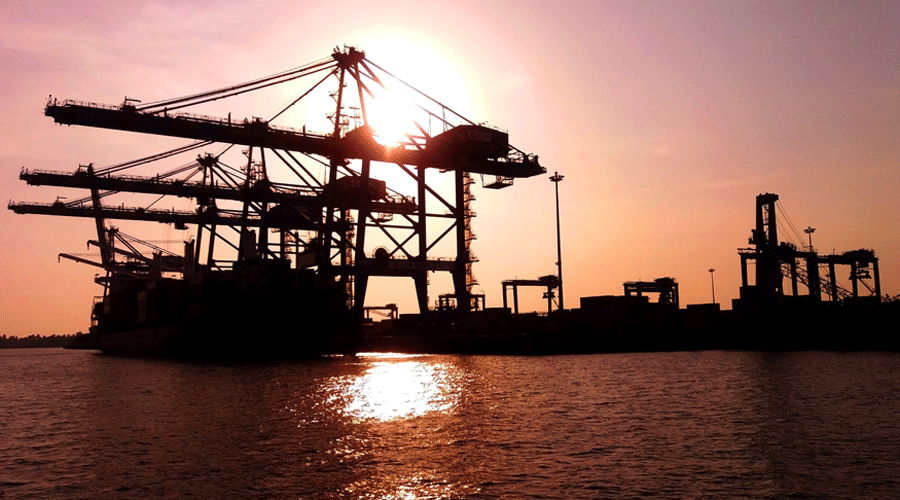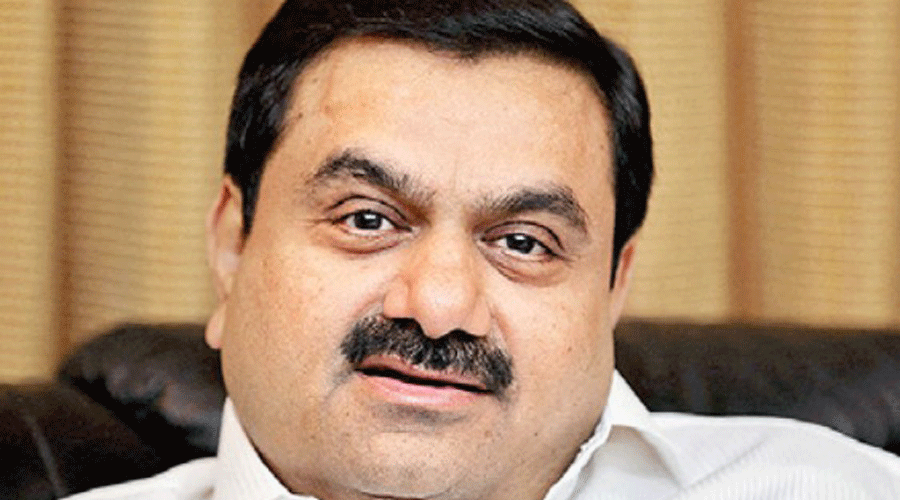Fisherfolk and the Latin Archdiocese of Trivandrum on Tuesday called off the 138-day-old agitation against the Vizhinjam seaport being constructed by the Adani group following a discussion with Kerala chief minister Pinarayi Vijayan.
The Vizhinjam Samara Samithi (protest committee), comprising leaders of the Church and the fisherfolk, took the decision to end the agitation after a series of meetings with the chief secretary and a specially appointed cabinet sub-committee before a discussion with the chief minister.
Vicar-general of the archdiocese Eugine H. Pereira, who led the discussions with the government, told reporters that the protest had been called off on assurances to meet most of the demands put forth to the state government. However, the government has categorically ruled out stopping the construction of the seaport.
The government has assured the delegation of protesters that the four-member expert panel it had constituted in October to study the damage caused by the seaport would consult them before submitting its report.
Pereira dodged questions on whether he would see it as a victory of the agitation. The protest that began with a sit-in outside the state secretariat on July 20 moved to Vizhinjam on August 16 with fisherfolk blocking the road to the seaport and virtually stopping all construction activities as trucks carrying materials were unable to ply.
“We see this only as the first phase of the agitation since the fishermen have many more issues to be addressed,” he said. “We will continue with the litigation and work to generate more awareness among the people on the hazards of coastal erosion.”
Asked if he was satisfied with the outcome of the discussions with the government, Pereira said: “We did not arrive at this decision (to call off the agitation) based on satisfaction. The farmers withdrew their agitation when the three bills were withdrawn. But the government has yet to fix the MSP.”
As the assurances that Pereira spoke about were already agreed to by the state government at earlier stages of the protest, it appears that the agitators buckled under pressure following the violence on November 27. On that day, hundreds of protesters had laid siege to the Vizhinjam police station when five of their compatriots were held over a case related to stopping trucks from entering the seaport.
Pereira indicated the violence and vandalism blamed on the fisherfolk did put pressure on the movement. “The recent developments were very peculiar. Many of the incidents were dramatically created to put pressure on the people,” he said.
He said the government did not give any assurance on withdrawing the cases booked against hundreds of protesters, including the Archbishop Thomas J. Netto of the Latin Archdiocese of Trivandrum.
The protesters have also backed down from their original demand of stopping construction at the seaport to commission a damage-assessment study. “We had only demanded the construction work be stopped to conduct the study as it would be counterproductive to let the work continue while trying to assess the damage it has caused…. We have never asked the government to scrap the project,” Pereira said.


